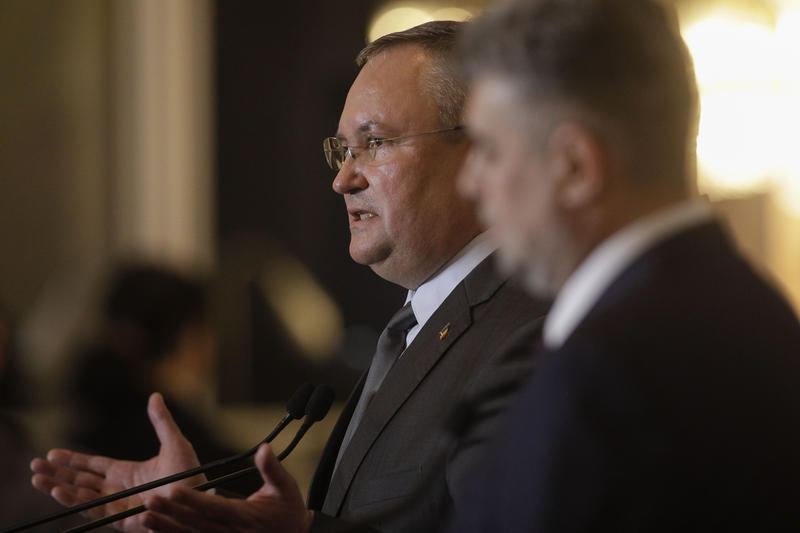London’s Home Secretary John Reid announced on Tuesday a series of restrictions regarding the access of Romanian and Bulgarian citizens to the British labour market once the two countries join the European Union on January 1, 2007. He said that only unskilled workers will have limited access to work in Britain’s food industry and agriculture temporarily.
The move was followed shortly by a similar decision from Dublin, as Ireland had hinted it would happen.
According to Reid, checks on Romania and Bulgaria migration will be maintained for a “transitional” period and unskilled work quotas will be established by a consultative committee.
However, there is no limit for Romanian and Bulgarian citizens coming to the UK to establish companies.
The number of unqualified workers will be limited to 20,000 a year - 16,250 in agriculture and the rest in the food industry. And the new system says they would have the right to work there for six months without any welfare benefits.
The measures will be reviewed on a yearly basis, Secretary Reid said.
Qualified workers from the two countries can instead work in Britain, based on working permits, in fields of activities that cannot be covered by British citizens. Their number will be set according to Britain’s “economic needs”.
And students from Romania and Bulgaria can choose Britain to study and even work on a part-time basis.
The move comes as a major sign Britain is changing its policies on workforce migration, two years since it provided full access to its market for workers from eight Central and East European communist countries that joined the EU at the time.
Britain expected some 15,000 migrants would come to the UK from the Accession 8 countries yearly. But at least 600,000 did so in the past two years.
Bulgaria’s EU Integration minister Meglena Kuneva was among the first to respond Reid’s announcement, sharing her disappointment with the British plans.




















